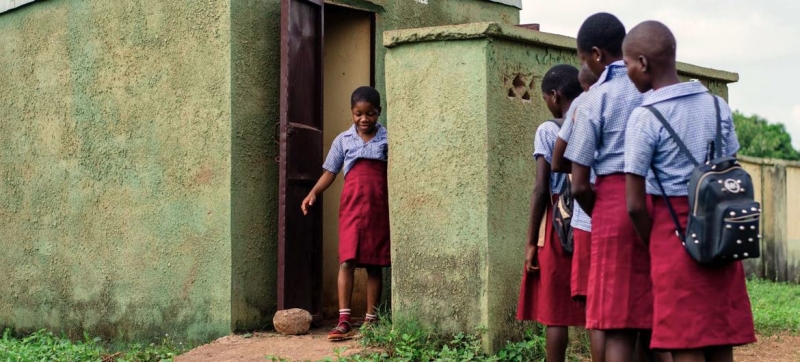
Girls queue for the toilet on a school grounds in Benue State, Nigeria. World Toilet Day: More people have access to mobile phones than toilets Health
Over the past decade, 1.2 billion people have gained access to safe sanitation. However, 3.4 billion people – almost half the world’s population – still lack such access and cannot use toilets.
The UN reminds us of this on the occasion of World Toilet Day – November 19. They decided to celebrate it every year precisely because this, for most of us, an ordinary part of everyday life remains inaccessible to almost half of humanity. The day aims to draw international attention to this problem.
According to the Organization, 354 million people still practice so-called open defecation, that is, they literally relieve themselves in the open air – in a field, in the bushes or in the forest – and at the same time do not have the opportunity to wash their hands with soap afterward. Open defecation is common mainly among rural residents of Central, South and East Asia, as well as Tropical Africa.
It is fraught with various diseases. Lack of safe water, sanitation and hygiene causes approximately 1,000 children under 5 to die every day.
Open defecation poses the greatest risks to women and girls. Forced nudity in unsafe, open places makes them vulnerable to violence.
In addition, the UN reminds that the lack of toilets and sanitation leads to environmental pollution and aggravates the problem of global warming.
“Untreated human waste pollutes ecosystems and contribute to the release of greenhouse gases,” UN chief Antonio Guterres said in his message on World Toilet Day.
He called for access to “toilets fit for the future.”
“Let us make safe sanitation a reality for all,” the Secretary-General said.
